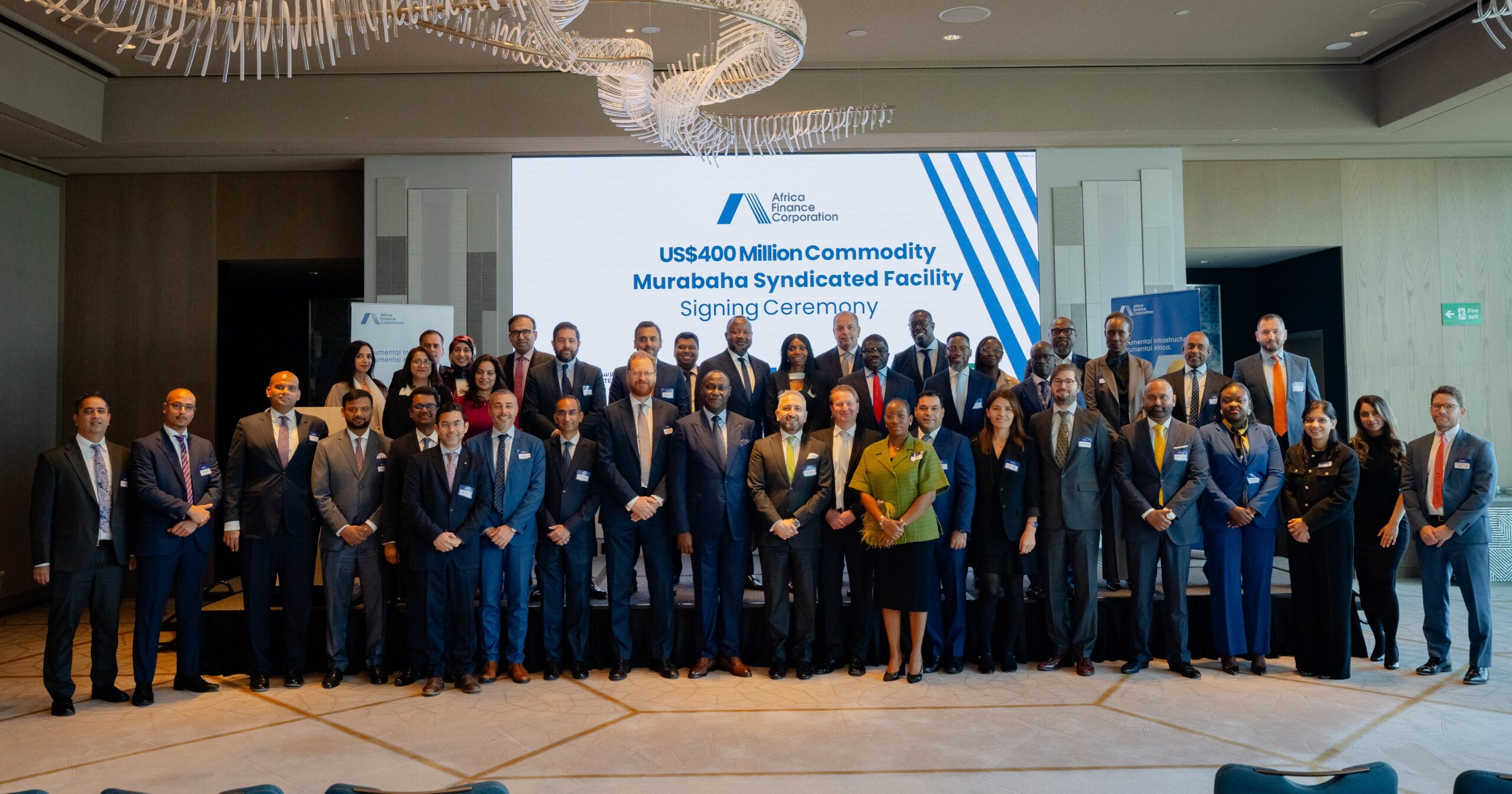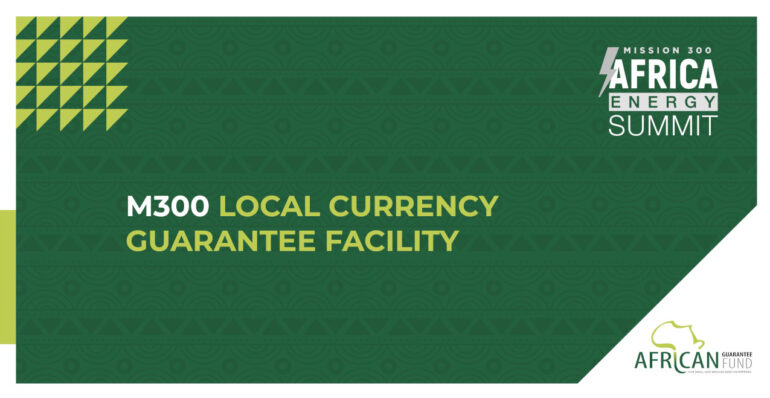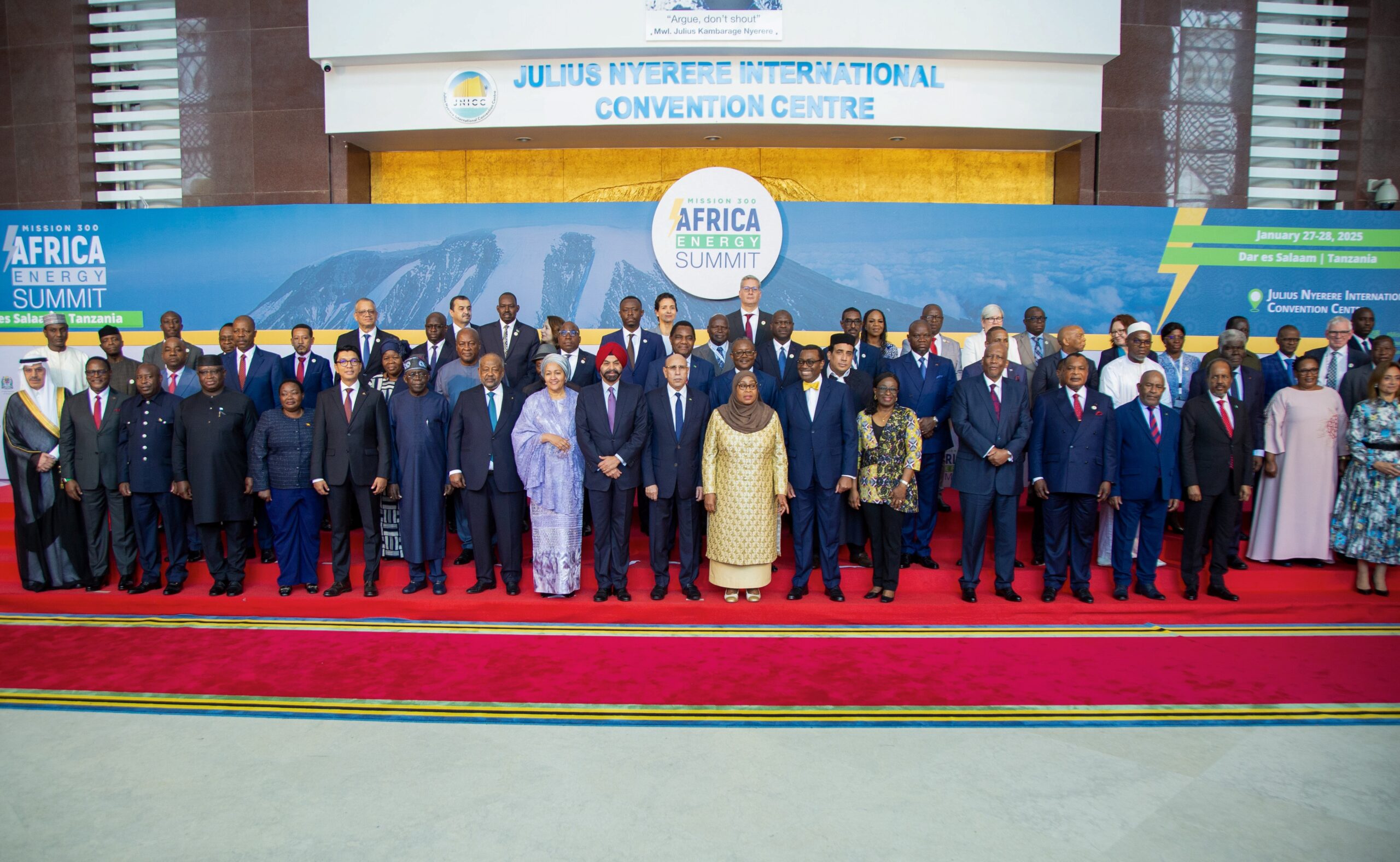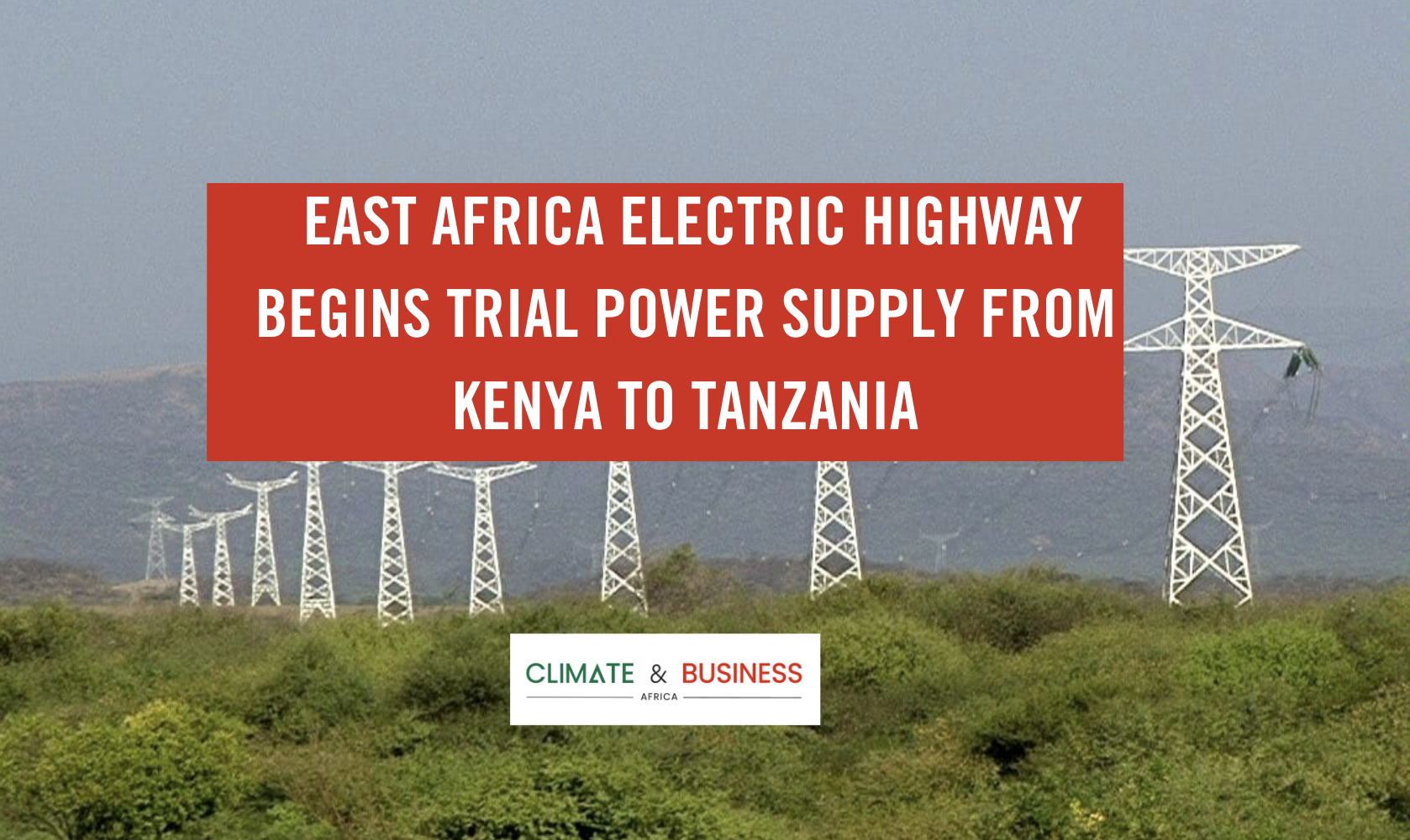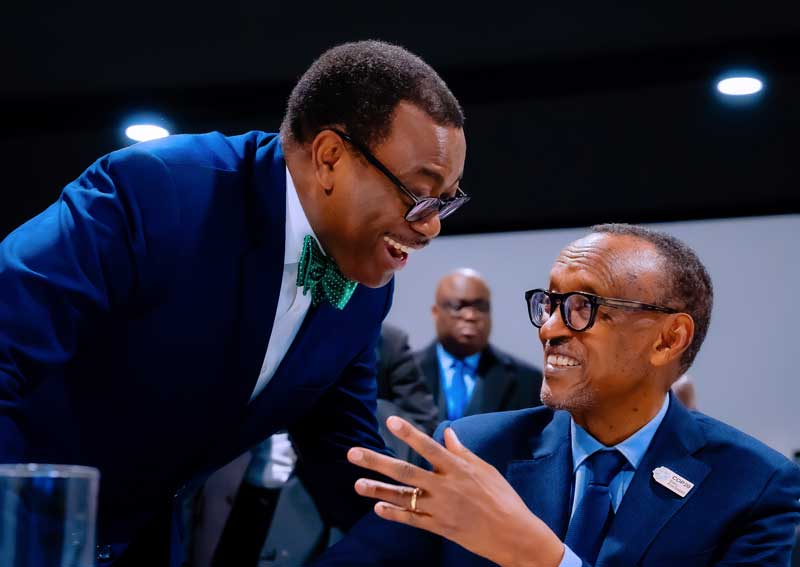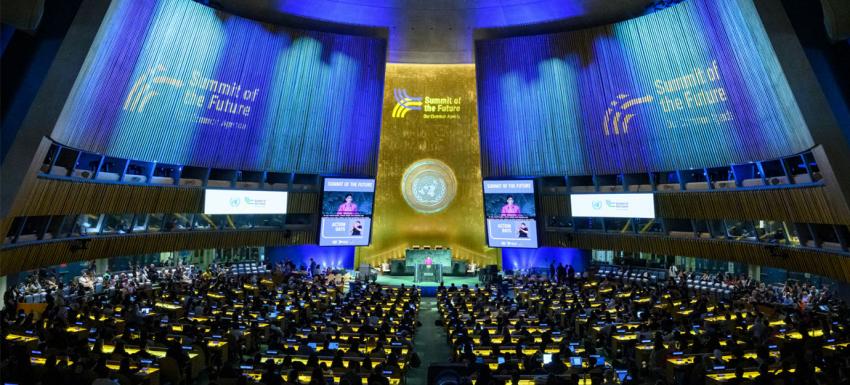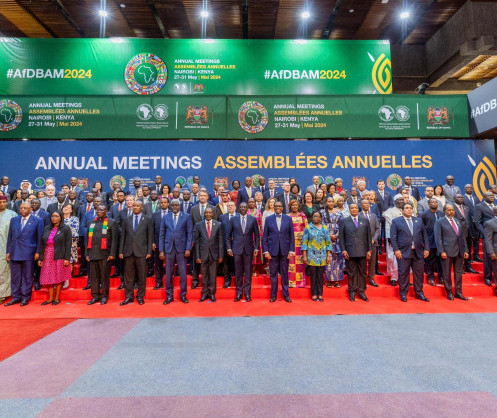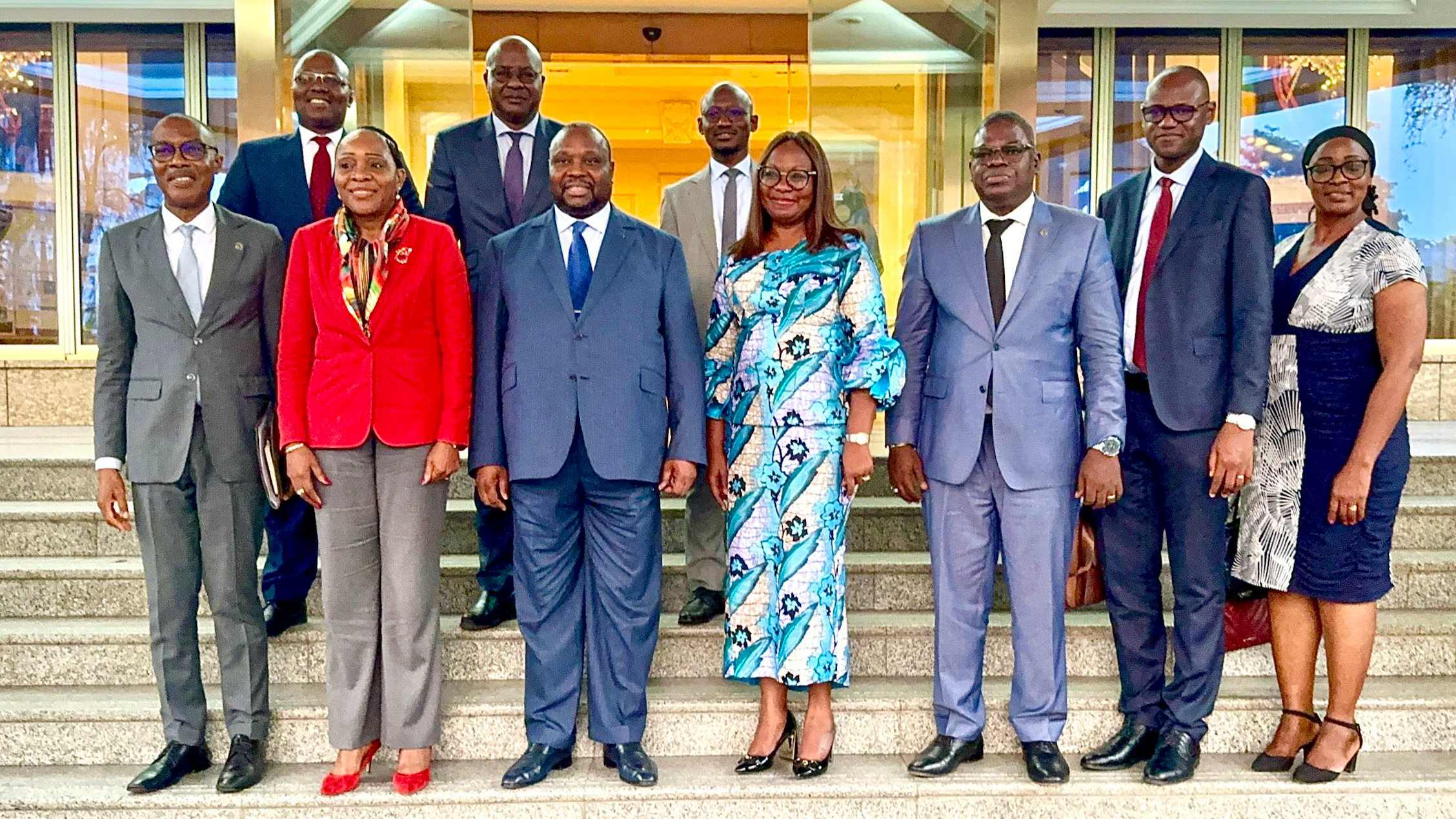Afreximbank Urges Africa’s Mining Industry to Transform Resource Extraction into Industrial Wealth for Economic Growth
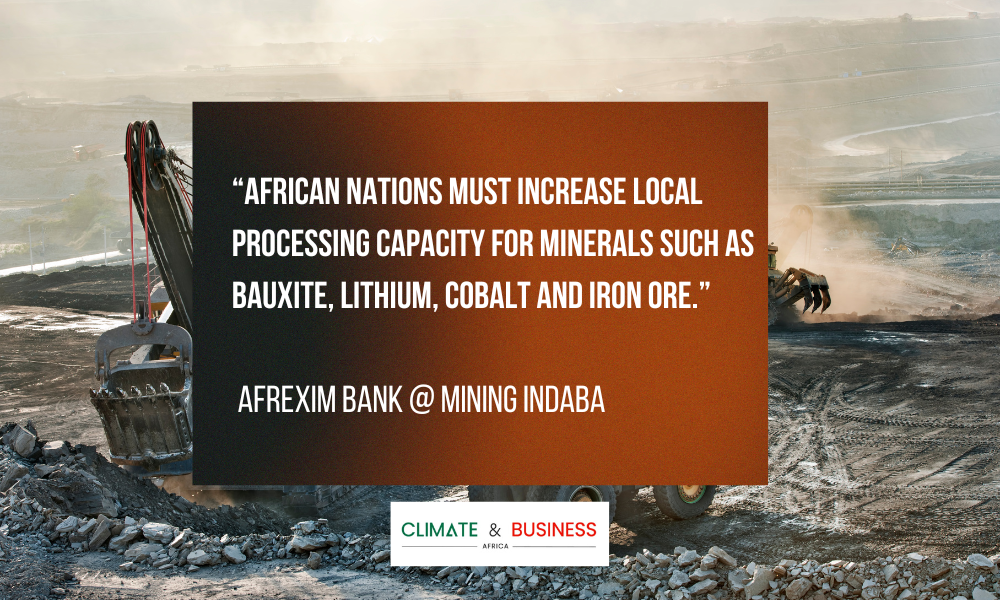
Afreximbank Urges Africa’s Mining Industry to Transform Resource Extraction into Industrial Wealth for Economic Growth
February 7th, 2025
At the African Mining Indaba 2025 in Cape Town, South Africa, African Export-Import Bank (Afreximbank) called on the continent’s mining sector to embrace bold reforms aimed at capturing more value from its abundant natural resources. Speaking on February 5, 2025, Senior Executive Vice President Denys Denya delivered a stirring keynote to African leaders, policymakers, mining industry figures, and global partners, emphasizing that Africa must move beyond mere extraction to become a true industrial powerhouse.
“While the global mining industry generated approximately US$1.7 trillion in revenue in 2023, Africa’s share of this wealth remains disproportionately low. Our continent extracts the raw materials that power the world’s industries, yet it is estimated that we retain as little as between four per cent and 20 per cent of the total value of our minerals due to minimal local processing and limited downstream development. The result? Lost economic opportunities, exposure to volatile commodity cycles and a persistent reliance on external markets for refined products derived from our own resources,” Denya stated. His remarks highlighted the stark imbalance between Africa’s resource wealth and the economic returns it realizes, underscoring the urgent need for transformative change.
Denya continued, “The choice is ours. The time to act is now. Let us work together: governments, financial institutions, investors, and industry players to build an Africa where mining is not just about extraction but about transformation, innovation and wealth creation.” He stressed that this paradigm shift was essential if the continent were to overcome its historical underperformance in the global mining value chain. “Africa has the resources, the market potential, and the policy frameworks to transition from a resource-dependent continent to an industrial powerhouse. However, success will depend on bold, decisive action from all stakeholders. Policymakers must implement clear, enforceable regulations that mandate local value addition and create investment-friendly environments. Private sector investors must step up with capital and technology to develop processing, refining, and manufacturing facilities.”
He further asserted, “We must move beyond extraction and invest in refining, smelting and advanced manufacturing. African nations must increase local processing capacity for minerals such as bauxite, lithium, cobalt and iron ore.” Denya’s call to action was a reminder that merely exporting raw materials leaves the continent vulnerable to global price fluctuations and economic volatility. “Our mining policies must also prioritise environmental, social and governance standards, ensuring that mining benefits communities rather than displacing them,” he added, outlining a vision for sustainable and inclusive growth that could create millions of skilled jobs for Africa’s burgeoning youth population while reducing reliance on unpredictable external markets.
Afreximbank’s commitment to this transformation is already evident. Over the past three years, the bank has approved more than US$1 billion in support of mining and mineral sector projects across the continent. Notable initiatives include financing the development and construction of a bauxite processing plant in Guinea, supporting the expansion of a manganese processing plant in Gabon, and providing working capital financing to a diamond company in Botswana. Other major projects under Afreximbank’s purview include a petrochemical fertilizer plant in Angola, a titanium dioxide pigment plant in South Africa, and a feasibility study for a limestone mine processing plant in Malawi.
Denya also highlighted strategic initiatives designed to remove bottlenecks in Africa’s mining sector. He announced the establishment of the US$10-billion AfCFTA Adjustment Fund, managed by FEDA, Afreximbank’s impact investment subsidiary. This fund is intended to provide critical financial support to countries and businesses transitioning under the African Continental Free Trade Area (AfCFTA) framework, including those in the mining sector. He added that Afreximbank’s efforts to harmonise standards and implement the Africa Collaborative Transit Guarantee Scheme would facilitate the seamless movement of minerals and mining equipment across borders, thereby reducing logistical challenges.
In addition, Denya underscored the role of digital platforms in modernizing Africa’s mining industry. He mentioned that Afreximbank is leveraging the Africa Trade Gateway and the Pan-African Payment and Settlement System to enable efficient transactions and market access. “These digital platforms ensure that Africa’s vast mineral wealth is utilised to drive industrialisation, value addition and economic resilience across the continent,” he explained.
Beyond financing and regulatory reforms, Denya stressed the need for substantial infrastructure development. He noted that, in collaboration with development partners, Afreximbank is driving the development and expansion of industrial parks and special economic zones (SEZs) to address the infrastructure challenges that have long hindered industrial growth in Africa. One transformative initiative highlighted during the summit was the DRC/Zambia Electric Vehicle Battery Manufacturing Special Economic Zones. This project is designed to position Africa at the centre of the global energy transition by establishing battery precursor SEZs that aim to make the two countries competitive in the battery electric vehicle value chain.
At the African Mining Indaba 2025—a premier forum where policymakers, industry leaders, and global partners converge to shape the future of Africa’s mining sector—Denya’s remarks served as a clarion call for a new era of industrial transformation. His message was clear: Africa’s future economic prosperity depends on its ability to harness and add value to its natural resources. The challenge laid out by Afreximbank is not merely to extract minerals but to build an integrated value chain that transforms raw resources into wealth, fuels economic growth, and sustains prosperity for generations to come.



